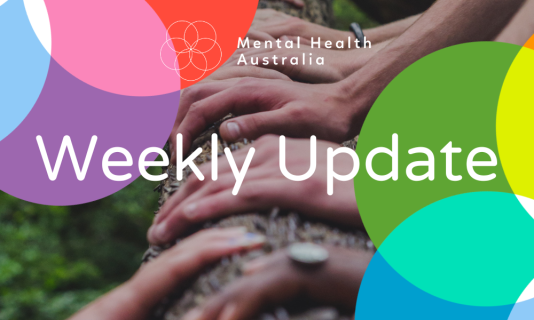Data reveals concerning trends in access to mental health supports
Data from the recent Report on Government Services highlights a concerning trend: increasing numbers of people in Australia are delaying seeking out mental health support due to rising costs.
In 2022-23, 19.3 per cent of people delayed seeing a mental health professional due to cost, up from 12.0 per cent in 2020-21, and two per cent fewer people received clinical mental health services in 2022-23 compared to 2021-22.
Unfortunately, healthcare is often one of the first things to go when household budgets are tight. We know from our 2023 Report to the Nation that the cost-of-living crisis has significantly impacted mental health.
The Report on Government Services data also indicates a 4 per cent decline in the number of Better Access therapy sessions claimed in 2022-23 compared to 2021-22. Broader trends in this report show the proportion of new clients accessing MBS subsidised mental health services has continued to decline over the last decade, from 36 per cent in 2013-14, to 26 per cent in 2022-23.
Ongoing inequities in access to primary mental health care mean people in lower socioeconomic areas or regional areas continue to have lower access to MBS subsidised mental health services, and higher use of state and territory public mental health services than others in the population. First Nations people also have disproportionately higher use of emergency mental health services – a trend that is also reflected in the Review of the National Agreement on Closing the Gap released last week, which similarly points to failures in meeting the needs of First Nations communities and addressing entrenched inequality.
Fortunately, the Report on Government Services also shows that there are encouraging signs of progress in some areas – there has been a significant increase in the proportion of people aged 16 to 64 living with mental illness who are employed (from 64 per cent in 2017-18 up to 72 percent in 2022), along with a reduction in the proportion of people with mental illness reporting experiencing discrimination (from 29 per cent in 2014 down to 21 per cent in 2020). This progress reflects the committed work of many advocates and leaders in the sector.
The insights that we can draw from the Report on Government Services data highlights the importance of us collectively having access to robust and meaningful data, to underpin our mental health policies and systems. As we outlined in our recent pre-budget submission, we are calling for the National Mental Health Commission’s remit to be refocused on mental health system monitoring and reporting. This will help to ensure that the current gaps in data can be addressed, we can have better accountability mechanisms in place, and most importantly, we can continue to evolve and improve our mental health system, as we learn more about what’s working, what needs to be improved, and who is missing out.
Carolyn Nikoloski
CEO, Mental Health Australia | 
